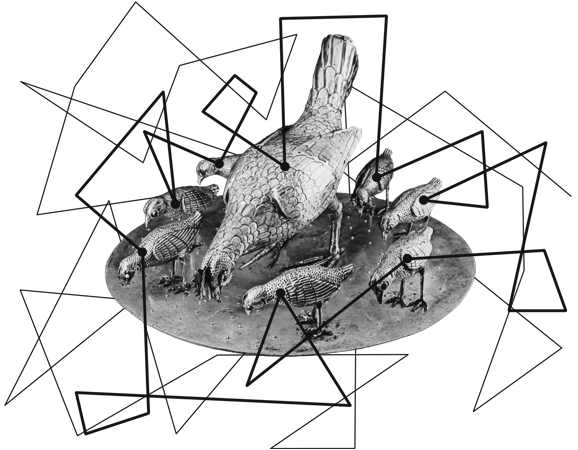
Your donation will support academic research and instruction, scholarly publications, and public programs at the Centre for Early Medieval Studies at Masaryk University in Brno.
Contributions are processed by the Masaryk University and transferred to the CEMS. You may print the donation contract from the web page of the Masaryk University e-shop and the confirmation of your donation will be sent to you by email.
(Contributions to non-profit organizations are usually tax-deductible, but please consult a tax professional in your country for more information, or find local information here.)
THANK YOU VERY MUCH FOR YOUR DONATION.
We would be glad if you – as supporter of the Centre – join our activities. We would like to propose you:
The CEMS newsletter (twice a year). You may subscribe to the newsletter of the Centre here)
The Centre for Early Medieval Studies (CEMS) at Masaryk University in Brno focuses on art and architecture created throughout the Mediterranean between the fourth and twelfth centuries. The Mediterranean is conceived in its wider geographical and cultural context, encompassing southern Europe, the Byzantine East, and the Persian-Islamic world.
The main activities of the Centre are dedicated to academic research and instruction as well as to engagement with non-academic audiences. The aim of the Centre is to analyze the artistic, religious, and intellectual cultures of the major civilizations that came into being within the territory of the defunct Roman Empire, in its broadest sense, tracing the development and interaction of cultural identities and emphasizing a transcultural approach as essential to understanding visual and material culture.
The CEMS is part of the Department of Art History at the Masaryk University. It offers classes and lectures by local as well as invited specialist on Medieval Art and Historiography for BA, MA and PhD students. The CEMS organizes conferences and round tables, proposes one-month fellowships for scholars and welcomes students and interns in the frame of the Erasmus program. Through public lectures and short documentaries, the CEMS aims to enter in contact with larger audiences.
Currently, members of the CEMS work on several projects, among them Transforming the Spaces and the Minds. Materiality, Performativity and Perception in the Late Antique (4th–6th century) Baptismal Zones supported by the Grant Agency of Masaryk University; The Heritage of Nikodim P. Kondakov in the Experiences of André Grabar and the Seminarium Kondakovianum supported by the Czech Science Foundation; Marie Skłodowska-Curie Actions – Individual Fellowships funded by the European Union; and others.
Among the facilities of the CEMS, the Hans Belting Library, founded thanks to the generous gift of Prof. Hans Belting and enlarged by collections of Prof. Ursula Nilgen and Prof. Bryan Ward-Perkins, offers a solid resource for research and study. The latter is complemented by regular field trips.
To learn more about the Center for Early Medieval Studies, please consult our web page.
The CEMS publishes (in collaboration with Czech Academy of Sciences and Lausanne University) the scholarly journal Convivium. Exchanges and Interactions in the Arts of Medieval Europe, Byzantium, and the Mediterranean (listed in WoS, Scopus, ERIH).
It publishes the book series: Convivia; Parva Convivia; Studia Artium Medievalium Brunensia; and the new interdisciplinary series “In Between”.
CEMS is part of the Art History Department at the Faculty of Arts, Masaryk University, Brno, Czech Republic.
Ivan Foletti (Masaryk University, Brno)
Zuzana Frantová (Masaryk University, Brno)
Michele Bacci (University of Fribourg)
Klára Benešovská (Academy of Sciences of the Czech Republic, Prague)
Sible de Blaauw (Radboud University, Nijmegen)
Philippe Cordez (Deutsches Forum für Kunstgeschichte, Paris)
Francesca Dell’Acqua (Università di Salerno)
Jaś Elsner (University of Oxford)
Finbarr Barry Flood (New York University, Silsila Center for Material Histories)
Ondřej Jakubec (Masaryk University, Brno)
Herbert L. Kessler (Johns Hopkins University, Baltimore)
Jan Klípa (Academy of Sciences of the Czech Republic, Prague)
Tanja Michalsky (Bibliotheca Hertziana, Max-Planck-Institut für Kunstgeschichte, Řím)
Bissera Pentcheva (Stanford University)
Serena Romano (University de Lausanne)